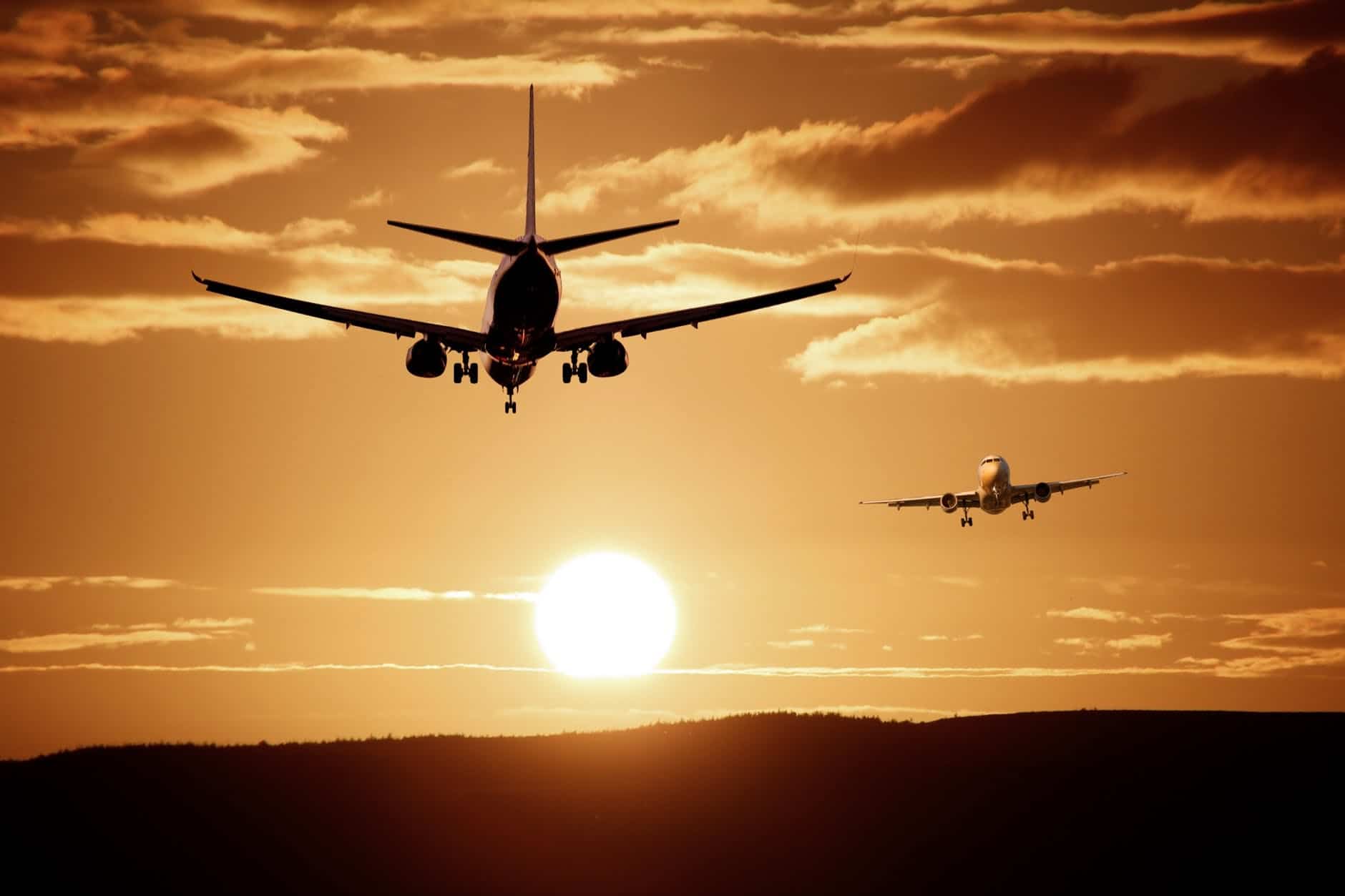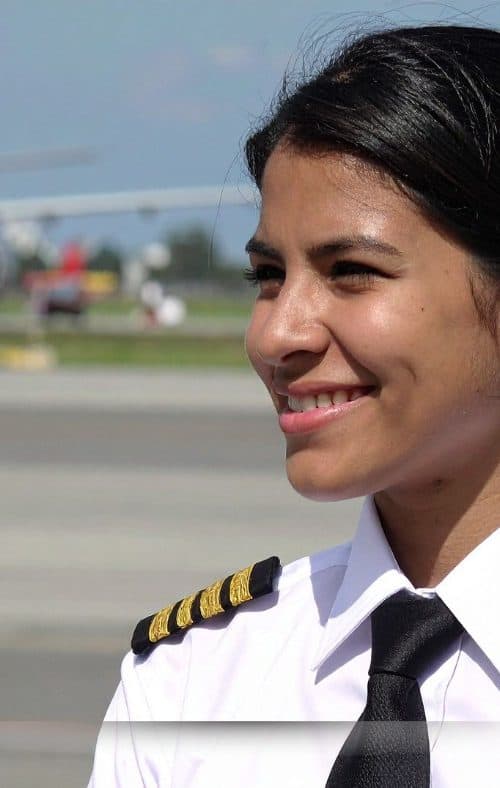With the UK having completed its removal from the EU Single Market to start the new year, travellers and aircraft operators alike have braced for a major impact to business aviation.
Nestled within the lengthy, 1,246 page trade and cooperation agreement are several changes that mainly impact traffic rights within the EU and the free movement of travellers. However, several key aspects of business travel will remain the same for the time being.
Historically, business aircraft registered in the UK have been able to fly both to and within Europe in a fairly seamless way. However, as part of the new agreement, both UK and EU registered aircraft must file additional paperwork when planning to operate travel within their respective airspace.
While some additional paperwork may not seem like a big deal, it does create an additional layer of preparation work that must be completed in advance in order to coordinate business travel. Along with the new paperwork to operate flights to and from the EU, aircraft registered within the UK are now no longer able to operate flights within any EU nation.
For example, if a business traveller would like to travel from Frankfurt to Munich, he or she can no longer do so with a UK registered aircraft.

Free Movement, and Tax Free Purchases, Restricted
Prior to Brexit, those in the UK were allowed to not only move throughout the EU as they pleased, but also live and work in other European cities as well. Moving forward, those that reside in the UK will need to apply for a visa for any nation within the EU they plan on staying in long term.
Without the ability to reside within the EU for long periods of time, UK nationals that oversee business units within the EU will need to likely alter their travel patterns and the reduce the duration of business trips.
A Sigh of Relief for What Remains
While changes have resulted in more restrictions and an increased paperwork burden for business travellers, many are thankful that some aspects will remain the same post-Brexit. As noted by CAPA, the right to fly between the UK and EU is preserved, even if it does involve additional paperwork.
There is also no limit to the amount of traffic or aircraft types that are allowed to operate between the two, which is a welcomed relief to many. In addition, there will be no tariffs between the UK and EU, which if enacted would have significantly reduced the flow of goods and business transactions between the island nation and its European counterparts.
Bottom Line
While many feared the potential impact of a “no deal Brexit”, business travellers can feel confident that an agreement has been signed and travel between the UK and EU will continue under an altered version of liberalisation. New hurdles will certainly exist, particularly with the additional required paperwork and inability for UK-registered aircraft to fly within an EU nation.
These new regulatory layers will make it all the more important to have a trusted advisor when conducting international planning. Only time will tell whether the changes made involving Brexit will secure or harm the UK’s future as a global center for trade.
CONTACT OUR TEAM TODAY
Flying into or out of the European Union, but unsure about the tax on aviation fuel you may incur? Feel free to contact our team here at Flightworx today for advice on flight planning and aviation fuel supply.
Aviation News




